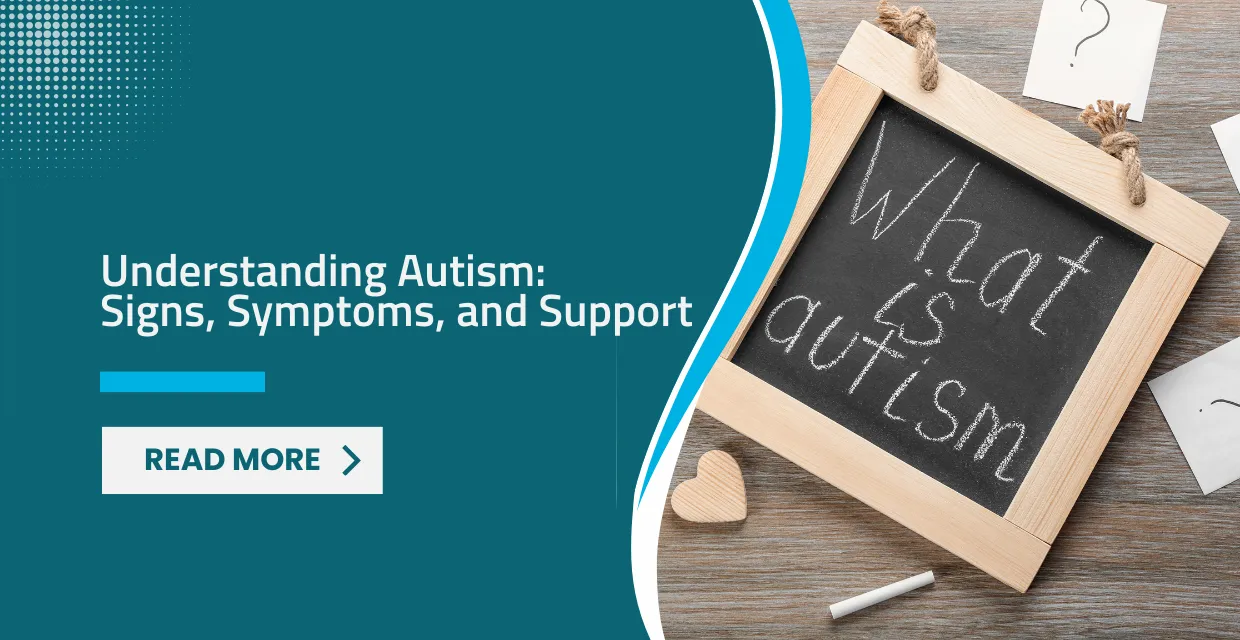The Importance of Regular Gynecological Check-Ups
Regular gynecological check-ups are a cornerstone of women's health, offering a proactive approach to detecting, treating, and preventing a wide range of health...

Autism, or autism spectrum disorder (ASD), is a complex developmental condition that involves persistent challenges in social interaction, speech and nonverbal communication, and restricted/repetitive behaviors. The effects of autism and the severity of symptoms vary widely among individuals, hence the term "spectrum." Understanding autism, recognizing the signs and symptoms early, and knowing where to find support are crucial for improving the quality of life for those affected. identifying the best Hospital in Kenya or healthcare facility that offers specialized care and support for autism can be pivotal in accessing the necessary services.
Autism spectrum disorder encompasses a wide range of conditions characterized by challenges with social skills, repetitive behaviors, speech, and nonverbal communication, as well as unique strengths and differences. The term “spectrum” reflects the wide variation in challenges and strengths possessed by each person with autism.
The exact cause of autism is unknown, but it's generally accepted that genetics play a significant role. Research suggests that autism develops from a combination of genetic and nongenetic, or environmental, influences. These influences appear to increase the risk that a child will develop autism. However, it's important to note that increased risk is not the same as cause. For example, some gene changes associated with autism can also be found in people who don't have the disorder.
Signs of autism usually appear by age 2 or 3, with some associated development delays appearing as early as 18 months. Early recognition, as well as behavioral, educational, and family therapies, may reduce symptoms and support development and learning. Key signs and symptoms include:
Social Communication and Interaction Challenges: Difficulty in maintaining eye contact, understanding or maintaining conversations, lack of interest in peers, and challenges in understanding others' feelings and expressions.
Repetitive and Restrictive Behaviors: Engaging in repetitive movements, such as rocking, spinning, or hand-flapping, strict adherence to specific routines or behaviors, intense interests in specific topics, and hypersensitivity or hyposensitivity to sensory inputs like light, sound, or touch.
Diagnosing ASD involves multiple stages, including developmental screening and comprehensive diagnostic evaluation. It's important to note that autism can be reliably diagnosed by age 2, but many children may not receive a final diagnosis until much older. Early diagnosis and intervention are crucial for the best outcomes.
While there's no cure for autism, intensive, early treatment can make a significant difference in the lives of many children with the disorder. Treatment options and support systems include:
Behavioral and Communication Approaches: These programs, such as Applied Behavior Analysis (ABA), focus on understanding and changing behavior.
Dietary Approaches: Some reports suggest that children with autism may benefit from a diet free of gluten or casein, although this is still under research.
Medication: There are no medications that can cure autism, but certain medications can help manage symptoms, such as high energy levels, inability to focus depression, or seizures.
Complementary and Alternative Medicine: Some parents and healthcare providers opt for treatments that fall outside the typical medical approaches, such as acupuncture, animal therapy, and others. It's crucial to consult healthcare providers to discuss the risks and benefits of these approaches.
Creating a supportive environment is key to helping individuals with autism thrive. This involves:
Educational Services: Special education programs and schools designed to meet the unique needs of children with autism can significantly improve their development and learning outcomes.
Family Support: Families play a crucial role in supporting individuals with autism. Access to resources, counseling, and support groups can equip families to navigate the challenges and celebrate the successes of their loved ones with autism.
Community Inclusion: Encouraging inclusive practices in schools, workplaces, and social settings can significantly improve the quality of life for individuals with autism, promoting understanding, acceptance, and appreciation of neurodiversity.
Understanding autism, its signs, symptoms, and the spectrum of challenges and strengths it encompasses, is crucial for providing effective support and care. Early diagnosis and intervention, combined with a supportive and inclusive environment, can greatly enhance the development, learning, and well-being of individuals with autism. In Kenya, accessing the best hospital or healthcare facility with specialized autism services can make a significant difference in the lives of those affected and their families, promoting a more inclusive and supportive community for all.
Partager cet article